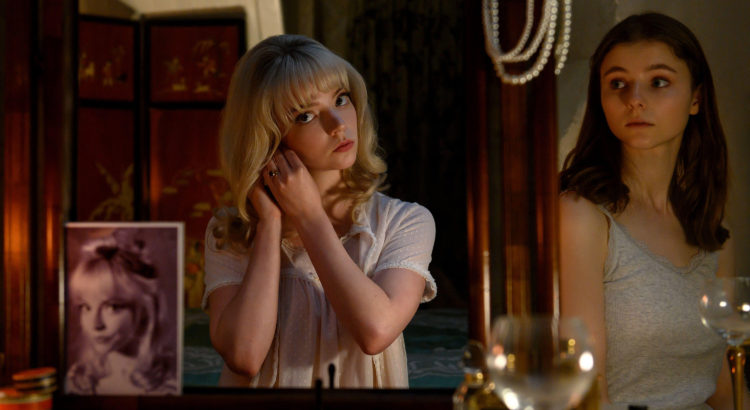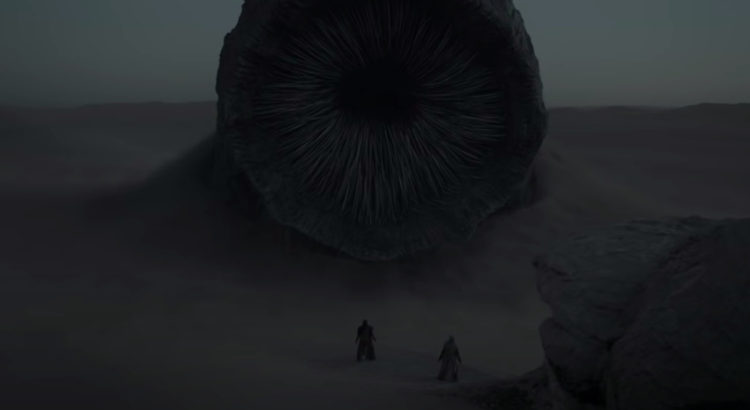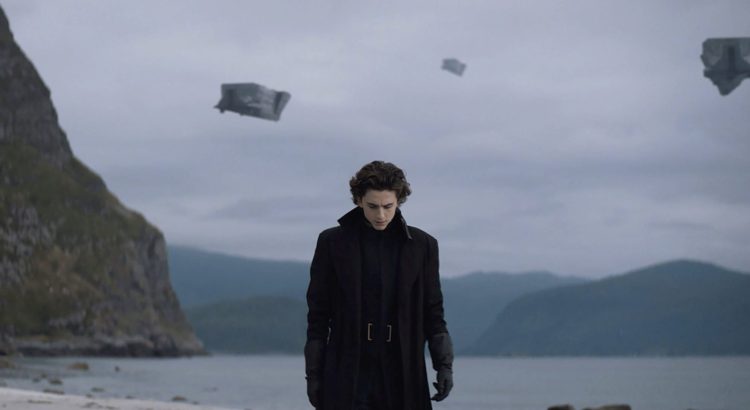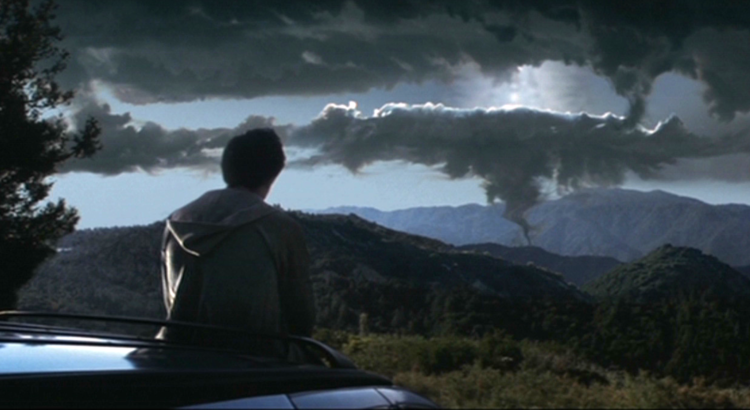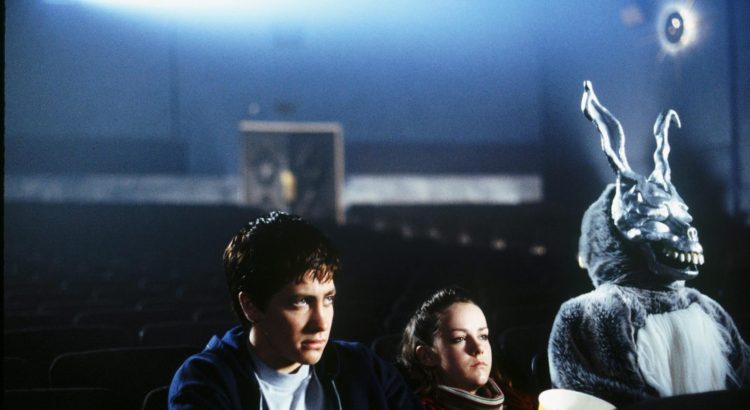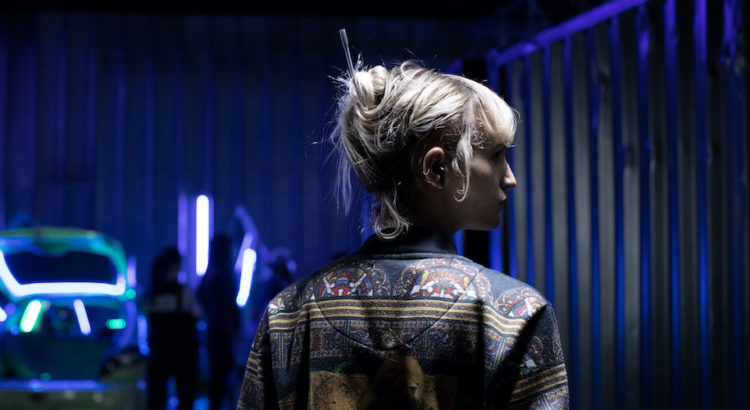Disclaimer: this review includes vague spoilers/a fairly cohesive description of the basic plot of Titane, but this is not a film that I recommend you go and watch without possessing any knowledge of the subject matter.
When you look up the film Titane, you may come across one of many synopses. For example, “after a series of unexplained murders, a man is reunited with his missing son.” Or, “a child has a titanium plate fitted to her head after being severely injured in a car crash.” There’s also the extremely vague, “titanium is a biocompatible metal, often used in prosthetics.” And how could I forget, “a woman is impregnated by a car.” All of these are plot points in Titane, a film director that Julia Ducournau describes as a love story.
I agree that Titane is indeed a love story, as unconventional as it is. It is more so about familial love, from a woman who has been deprived of proper love and humanity growing up, who needs to be loved but also (desperately) needs to learn to love. Love in the film also comes in the form of a man who possesses an immense ability to love, but has nobody to give it to. This makes the film sound very warm and wholesome, but the film is extremely graphic in terms of violence and sexual content, and its gratuitous nature perhaps detracts too much from the heart of the film.
I personally think Ducournau succeeded in crafting two compelling character arcs that intertwined and concluded in an almost satisfying way, with the highlight being that the character development is clever above all. However, I make this claim after several days of reflection. In the moment, I was more so focused on the variety of bodily fluids in the film being replaced by black car oil, which made me wonder whether the baby would turn out to be Lightning McQueen or a Transformer. I should also mention that the pair sitting next to me got up halfway through the film and never came back. I sometimes find that it can be difficult for films to balance meaningful storytelling through gratuitous means without becoming a film that is simply gratuitous to be gratuitous. Given the abrupt departure of those two audience members, I think I can assume that I was not the only one that night that was failing to identify proper justification for the disturbing visuals and tone in the film.
I understand the bit about the car in the film is to emphasize how dehumanizing the environment the protagonist, Alexia, has grown up in, but she is already a serial killer so why was the car necessary? Yes, it shows how far Alexia was willing to go to experience some kind of pleasure, but, again, she is already a serial killer. That being said, I thought the unexplained crimes aspect of the film was very engaging – the action fight sequences were thrilling and John-Wick-esque, set to upbeat music that made the audience exclaim in disbelief and twisted enjoyment.
Especially with a very reactive audience – and I think this film will easily extract audible reactions from most if not all audiences – Titane is a surprisingly fun film to watch. I would not discourage you from seeing this film.

